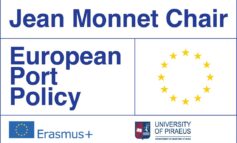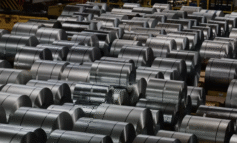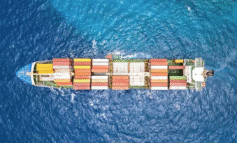The latest study by PortEconomics members Thanos Pallis and Aimilia Papachristou provides an empirical analysis of the challenges that cruise ports in Europe were facing before the outbreak of the COVID-19 pandemic. COVID-19 triggered an unprecedented global health and economic crisis with severe, and potentially structural, consequences for the cruise world. In this context, knowledge of the key challenges that cruise ports need to address builds capacities for conceptualising, but also better responding, in the post-COVID-19 conditions to both pre-existing challenges and the ones produced by the pandemic.
The port study examines the former group of challenges. It does so analysing a survey answered by 155 cruise ports in 34 countries in the two European markets (North Europe and the Med) just before the pandemic outbreak.
The survey identifies the significance of different types of challenges (operational, strategic, societal, environmental), and the hierarchy of challenges referring to the relationships between ports and cruise lines.
The survey identifies the significance of different types of challenges (operational, strategic, societal, environmental), and the hierarchy of challenges referring to the relationships between ports and cruise lines. Detailing which issues were (not) shared by the entire cruise port industry, the findings reveal that the pre-pandemic search for sustainable growth of the cruise activities hosted had led to diverging challenges in each of these two cruise markets. They also establish that port governance models do matter when it comes to the variation of the confronted challenges. These results imply that policy initiatives based on a “one size fits all” approach would provide a rather ineffective helping hand in resolving the major of the identified challenges.
Thanos’ and Aimilia’s port study has been publushed in Transport Review scientific journal and the authors’ vesrion can be freely downloaded here.












